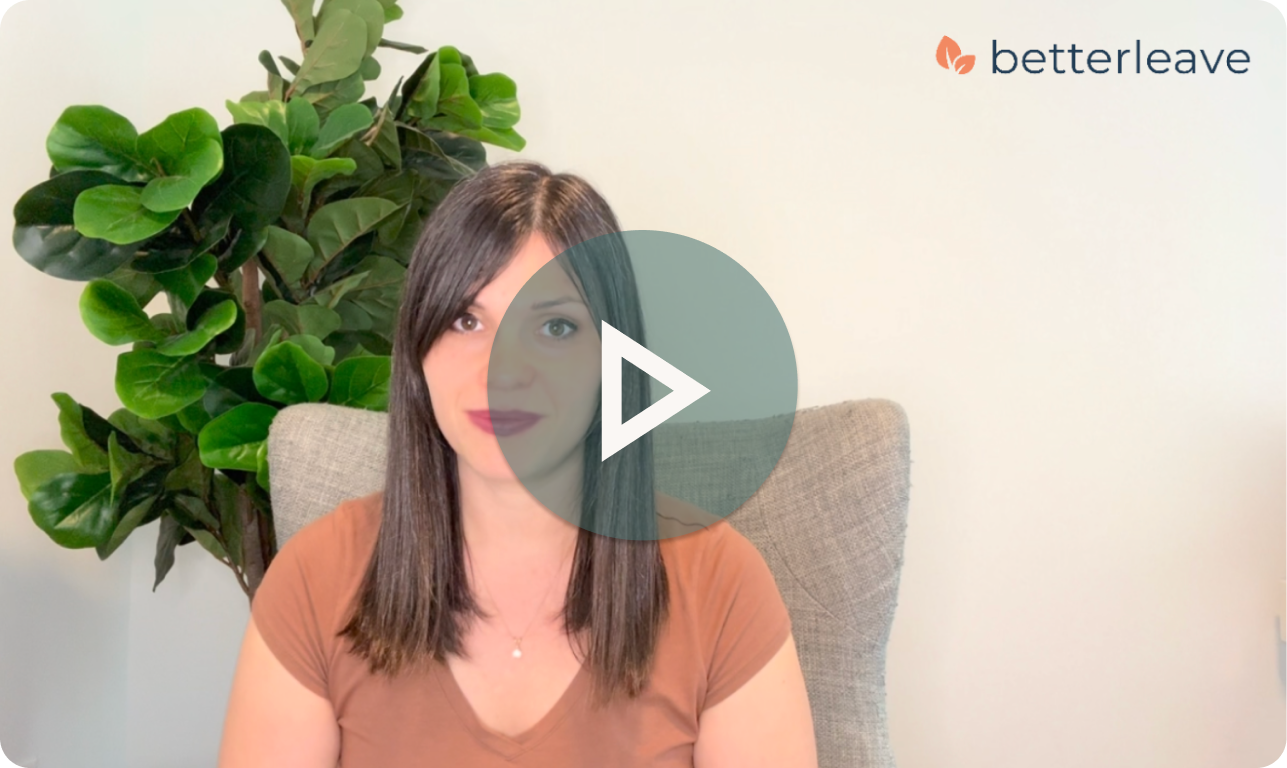Losing a loved one is a profound experience that affects every aspect of life, including the physical spaces we inhabit. One of the most poignant and challenging tasks can be sorting through the personal and shared belongings of a loved one who has passed away. This process is not just about organizing or decluttering; it's a journey through memories, emotions, and ultimately, healing. Get advice on how to approach this delicate task, balancing the act of honoring memories with making space for new beginnings.
Understanding the Emotional Landscape
Before diving into the practical aspects, it's crucial to acknowledge the emotional weight of this process. Sorting through a loved one's belongings can bring a flood of memories and feelings. It's normal to feel overwhelmed, sad, or even momentarily relieved as you uncover different items. Remember, there is no right or wrong way to feel during this time.
Prepare for the task
Take your time: Don't rush into this task. Start when you feel ready, and give yourself permission to take breaks or step away if it becomes too overwhelming.
Seek support: Consider having a friend or family member with you. They can provide emotional support, help with decision-making, and share in the memories.
Set manageable goals: Break the task into smaller, manageable parts. You might start with just one drawer or closet, rather than an entire room.
Sort through belongings
Create categories: As you sort through items, categorize them into 'keep', 'donate', 'give to family/friends', and 'discard'. This helps in organizing the process and making decisions easier.
Honor the memories: When you come across items that hold significant sentimental value, allow yourself time to reminisce. It's okay to keep things that hold special memories.
Make new space: As you sort through belongings, consider how making space can also be a step towards new beginnings. This doesn't mean erasing memories, but rather making room for growth and new experiences.
Photographs and memorabilia: For items that are hard to part with, consider taking photographs or creating a memory box. This way, you can preserve the memories without keeping all the physical items.
Handling difficult decisions
Clothing and personal items: Deciding what to do with these can be particularly hard. Consider repurposing them in meaningful ways, like making a quilt out of favorite clothes or donating items to a cause your loved one cared about.
Shared items: For items you owned together, think about whether they fit into your future space and life. It’s okay to let go of things that don’t serve a purpose or bring joy anymore.
Valuable or unique items: For items of financial or unique value, consider seeking professional advice or having them appraised. You might also think about passing them on to other family members who would cherish them.
Concluding the Task
As you conclude, recognize the emotional and physical effort you've put into this task. It's a significant step in the journey of grief and healing. Remember, sorting through a loved one’s belongings is not just about what you decide to keep or let go of; it's a process of honoring the past, cherishing memories, and making space for new chapters in life.



.jpg)
.jpg)
